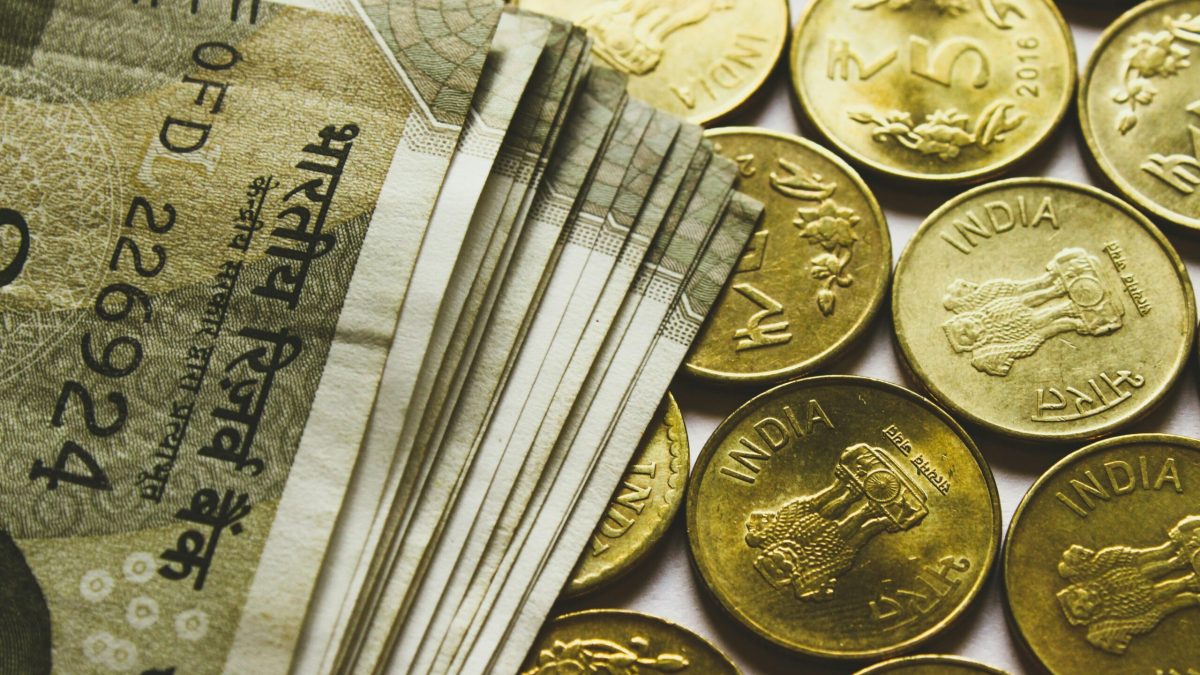India’s economic growth remains resilient despite concerns over Donald Trump’s return to the White House.
In an interview with CNBC, global strategist Chris Wood of Jefferies highlights that India’s fundamentals are robust enough to withstand the ripple effects of a stronger US dollar and tighter global financial conditions.
India is projected to achieve a real GDP growth of 6-8% and nominal growth of 10-12% over the next five years.
As other emerging markets grapple with the US election outcome, India’s domestic equity market continues to attract inflows, bolstering its resilience and long-term growth prospects.
Emerging markets face challenges, but India stays the course
Trump’s return to the presidency has triggered volatility across emerging markets due to the strengthening US dollar and rising Treasury yields.
This development has made it challenging for Asian central banks to pursue rate cuts, complicating monetary policy adjustments in emerging economies.
India’s economic and equity story diverges from this broader trend.
The Reserve Bank of India’s (RBI) policies are not overly reliant on aggressive rate cuts, providing stability in the face of global monetary tightening.
Indian equities see robust domestic inflows amid foreign sell-offs
The Indian equity market has demonstrated resilience against foreign investor sell-offs.
Domestic inflows have stabilised and supported the market, with significant participation from retail and institutional investors.
This dynamic has helped cushion the impact of foreign capital outflows, which are often influenced by global risk sentiment.
Rising equity supply, driven by companies capitalising on high valuations to raise capital, has led to a market correction.
According to Wood, this is a “natural and healthy” process, allowing markets to digest the increased supply without compromising their long-term potential.
The rupee’s depreciation is slowing, boosting investor confidence
India’s currency, the rupee, has historically faced annual depreciation of around 6% against the dollar.
Wood suggests that this trend is easing, with the rupee likely to stabilise in the coming years.
A slower pace of depreciation makes Indian assets more attractive to global investors and signals improving macroeconomic fundamentals.
India’s vulnerability to external shocks, such as fluctuations in oil prices, is also reducing.
As the country diversifies its energy sources and strengthens its current account position, its economic story gains further credibility on the global stage.
Trump’s policies support US equities, but risks remain
In the US, Trump’s pro-business policies, including corporate tax cuts and deregulation, are expected to boost equity markets in the short term.
However, these measures have also contributed to a stronger dollar, creating headwinds for emerging markets dependent on foreign capital.
While India benefits from strong domestic market dynamics, the global financial environment remains challenging.
For Indian policymakers and investors, balancing domestic growth with external uncertainties will be critical.
Long-term growth drivers strengthen India’s position
India’s economic fundamentals are improving, with structural reforms and rising domestic investments underpinning long-term growth.
The country is on track to reduce its dependence on imported oil, contributing to better trade balances.
Moreover, India’s ability to run current account surpluses in the near future could further enhance its resilience against external shocks.
These developments position India as a standout performer among emerging markets, even in a volatile global economic environment.
The post Chris Wood suggests Trump’s victory won’t derail India’s strong economic story appeared first on Invezz

